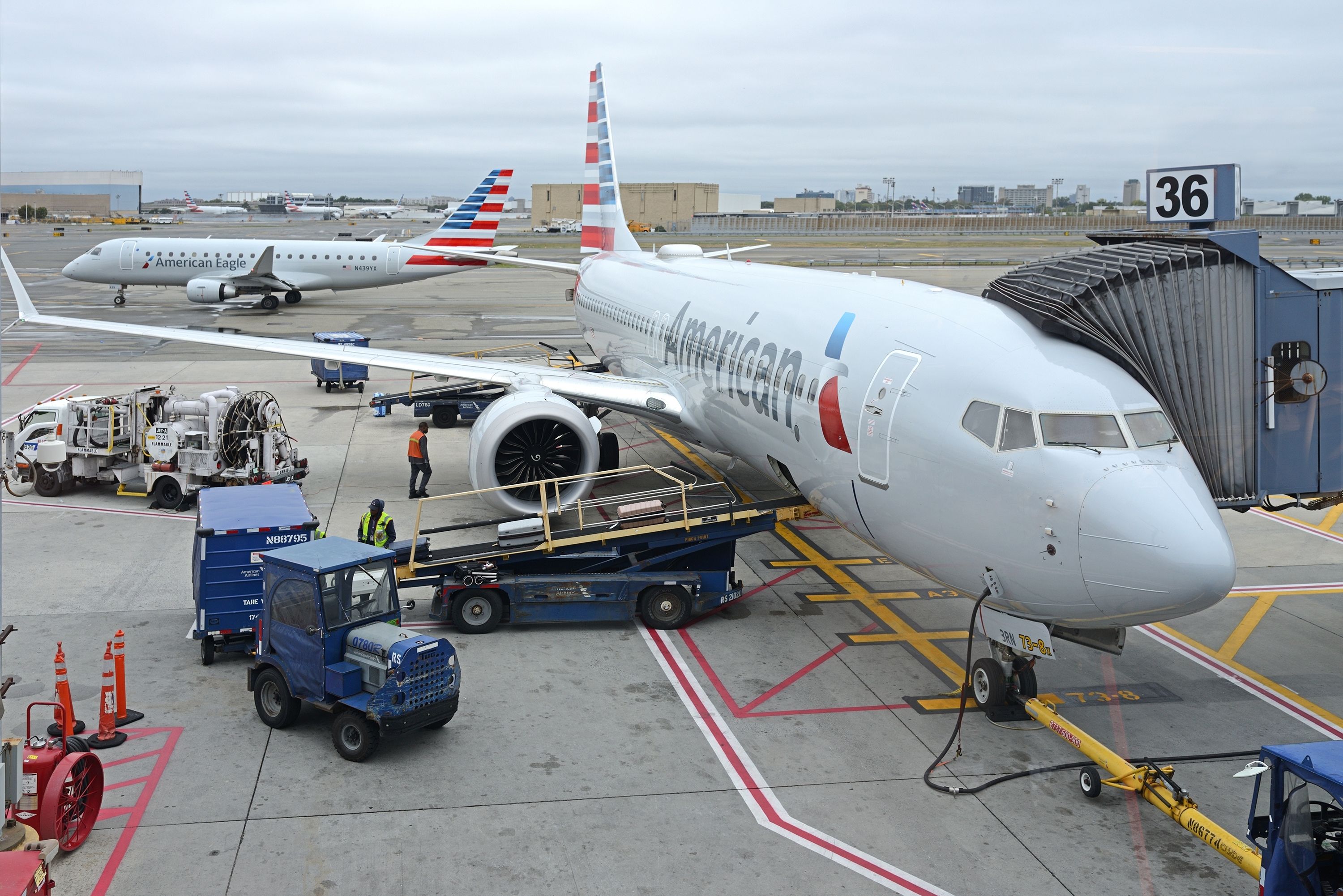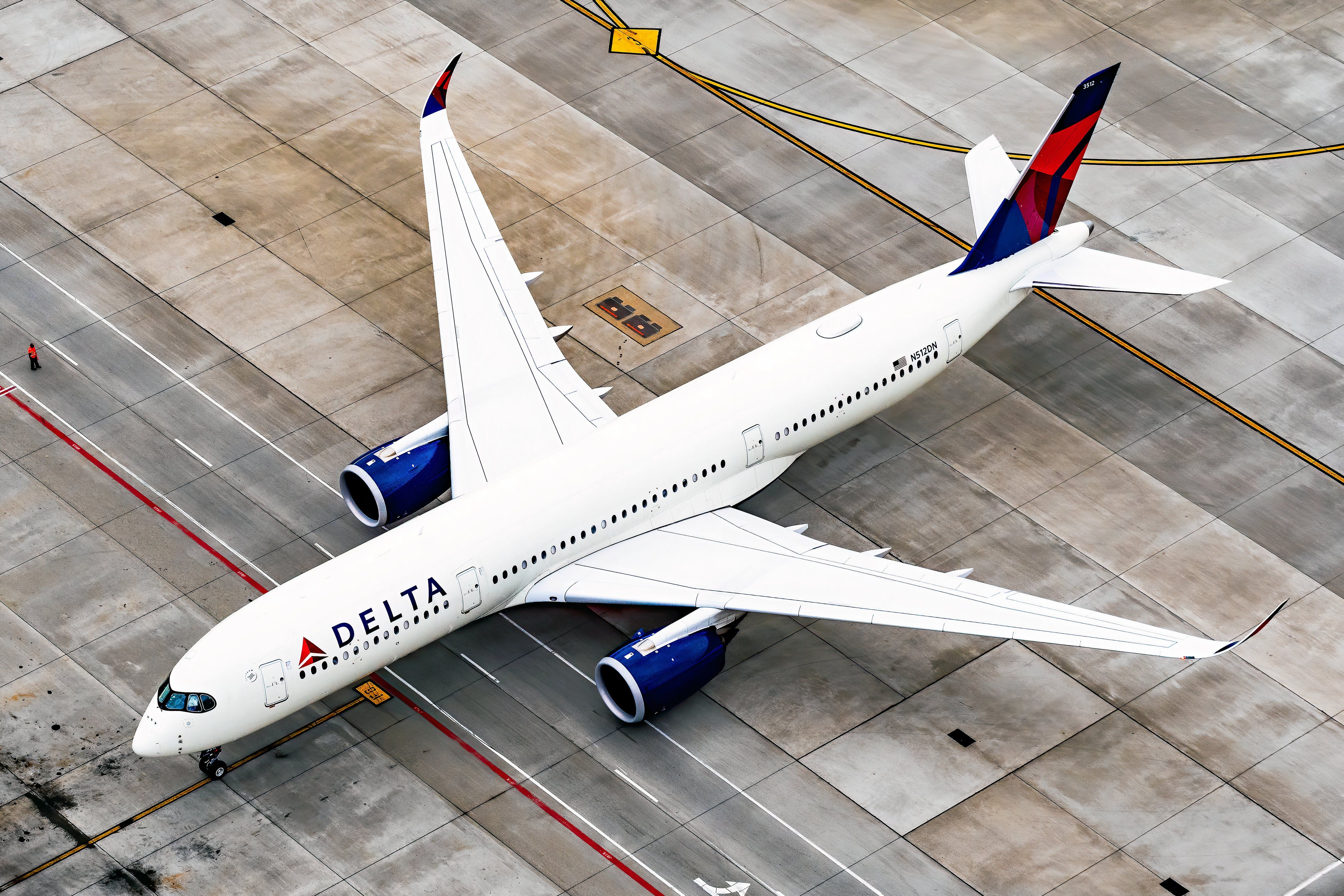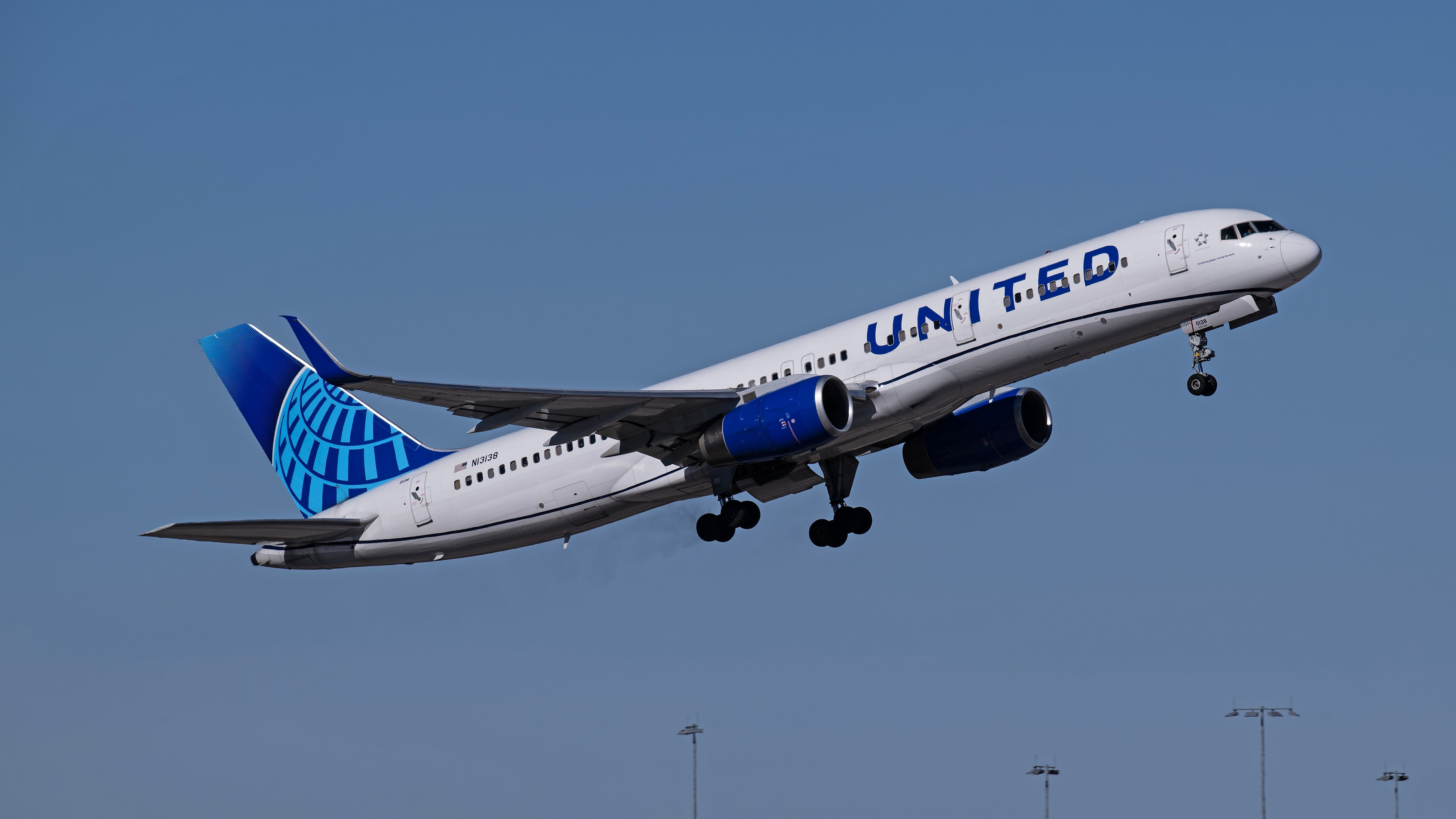Summary
- The United States Court of Appeals for the Fifth Circuit agreed with Airlines for America (A4A), which argued that the Department of Transportation (DOT) exceeded its authority.
- The case was related to the junk fee rule that the DOT introduced in April, mandating that airlines would disclose any fees to consumers in a transparent manner.
- In a previous tit-for-tat exchange of letters, the DOT argued that a stay of the rule would harm consumers.
The United States Court of Appeals for the Fifth Circuit, one of the 13 courts of appeals in the US, has sided with Airlines for America (A4A) in its dispute with the Department of Transportation (DOT) over the clear communication of ancillary fees to consumers.
A4A’s members include Alaska Airlines, American Airlines, Delta Air Lines, Hawaiian Airlines, JetBlue, Southwest Airlines, United Airlines, and others. The chief executive officers (CEO) of these airlines are part of the association’s board of directors.
Exceeding authority
In a ruling on July 29, the court ruled that the DOT likely exceeded its authority, adding that the publication of all ancillary fees would harm airlines. As a result, the court paused the rule and promised that it would expedite A4A’s petition for a review.
The court stated that when it had deliberated the case, it considered whether A4A had shown that it was likely to succeed on the merits, whether the association’s members would be harmed without a stay, whether the stay would impact other stakeholders, and the public interest.
Photo: Popova Valeriya | Shutterstock
As such, the court ruled that A4A made a strong case that the DOT exceeded its authority, adding that the Department’s rule did not prohibit the publication of fees but prescribed the action, meaning that, essentially, the rule enacted a code of online disclosure practices.
In its defense, the DOT cited a provision that read that the Secretary of Transportation, in this case, Pete Buttigieg, was authorized to take action he considered necessary to carry out his duties, which included “prescribing regulations.”
“As we have held before, “[t]he grant of authority to promulgate ‘necessary’ regulations cannot expand the scope of the provisions the agency is tasked with ‘carrying out.’”
Subsequently, the court stated that the DOT pivoted towards its history of issuing regulations since 1982. That argument also failed, the court noted, citing a US Supreme Court ruling that rejected the theory that agency practice can defeat a statute’s text by adverse possession.
Lastly, the DOT relied on a case where United Airlines sued the Civil Aeronautics Board (CAB), the predecessor to the Federal Aviation Administration (FAA) and the National Transportation Safety Board (NTSB).
However, while the Court of Appeals for the Seventh Circuit interpreted that certain Federal Code of Regulations (CFR) provisions granted legislative rulemaking power, the Fifth Circuit court found the CAB’s arguments unpersuasive, concluding by citing that legislative history was not the law.
In April, the DOT introduced rules for airlines to disclose ancillary fees to customers in a clear and accurate manner the first time that these fees are displayed.
While the rule was effective as of July 1, 2024, the DOT mandated airlines to provide fee data to third-party ticket agents by October 30, and carriers’ sales platforms had to comply with the rules by April 30, 2025.
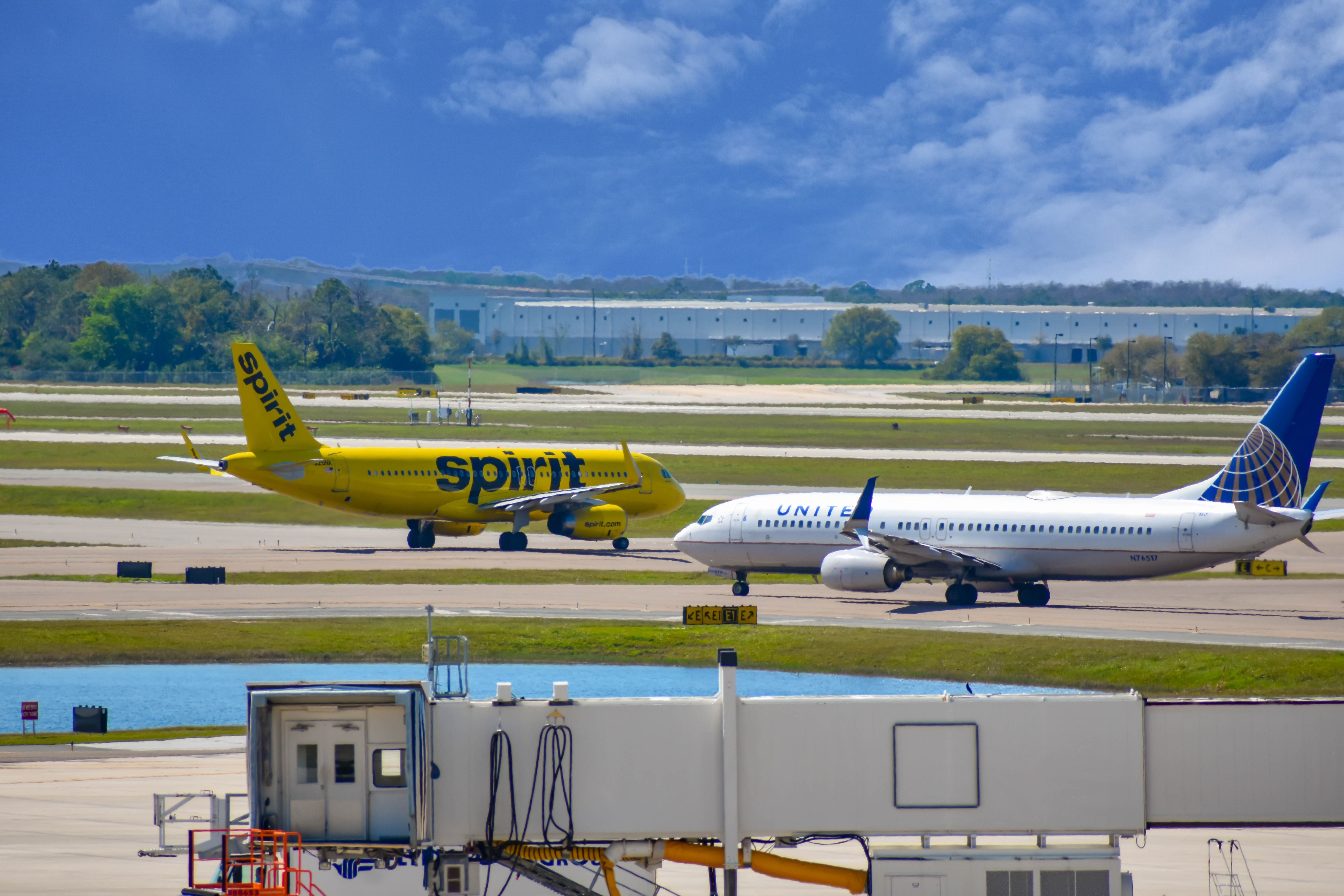
Related
USDOT Takes Big Bite Out Of Airline Ancillaries With New “Junk Fee” Rules
More transparency to help consumers avoid surprise fees when booking fares.
Confidence in the ruling
The court noted that A4A successfully argued that US-based airlines would suffer irreparable harm due to the rule, which included costs to reengineer their websites, concluding that there was no way that the association’s members could recover their compliance costs.
Opposing this view, the DOT stated that A4A has not shown that these ‘harms’ were irreparable but added that,
“[…] complying with a regulation later held invalid almost always produces the irreparable harm of nonrecoverable compliance costs.”
In a letter to Buttigieg in May, the A4A had asked the DOT to pause the effective date of the junk fee rule until the Fifth Circuit appeals court would resolve the association’s petition. At the time, the A4A explained its view that the Department had exceeded its statutory authority, asking the DOT to respond to its request no later than June 10.
Photo: Vincenzo Pace | Simple Flying
“A stay is warranted, because the Fifth Circuit is likely to hold that the Department exceeded its statutory authority and violated the APA [Administrative Procedure Act – ed. note].”
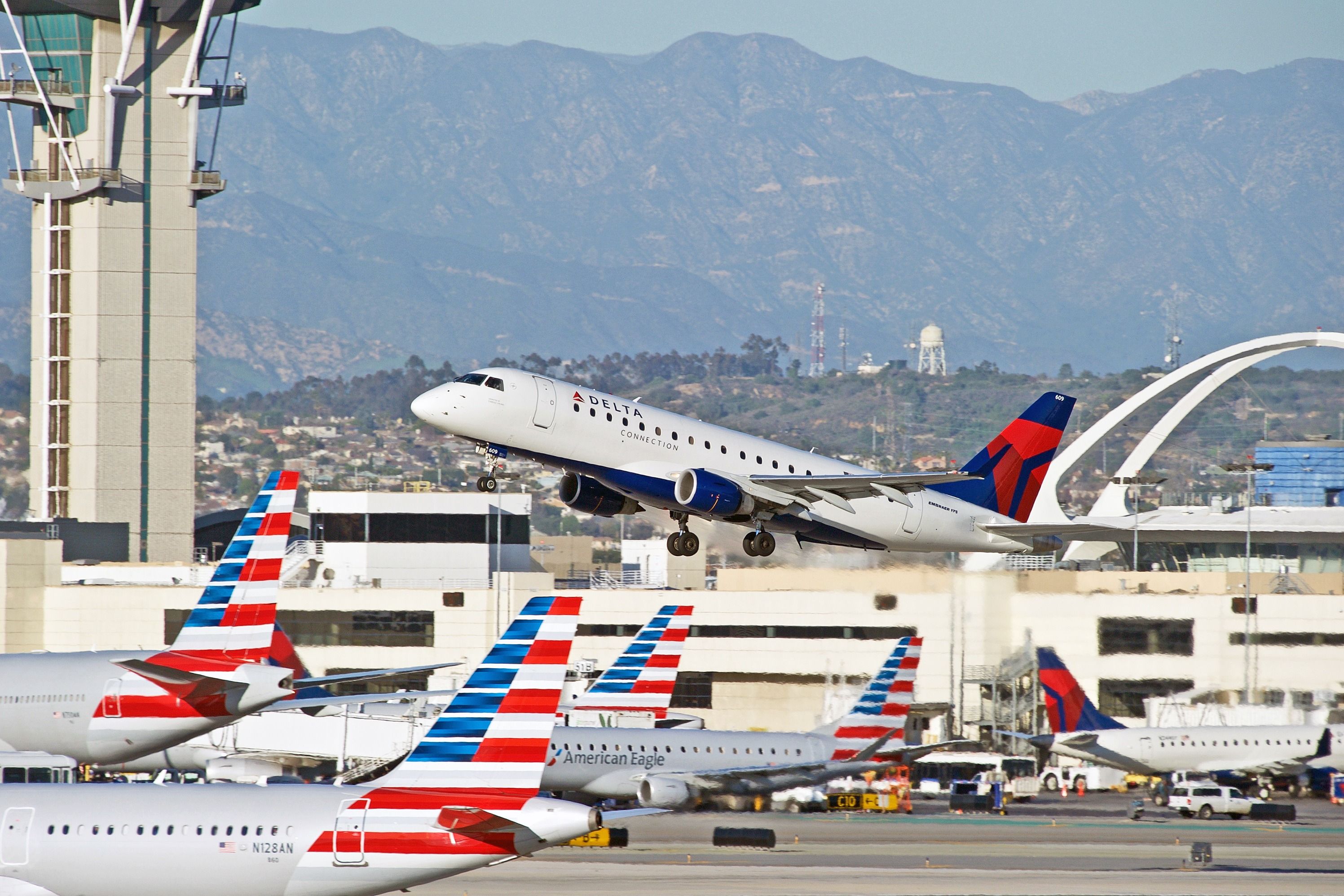
Related
US Airlines Ask For Halt To New USDOT Consumer Protections While Suit Advances
Airlines for America (A4A) confidently asserted that the Court of Appeals would rule in their favor.
Harming consumers
In its response to the A4A’s request to pause the introduction of the junk fees rule on June 10, the DOT declined to grant the association’s motion, saying that it would oppose if the A4A moved the case to the Fifth Court of appeals.
“The Department is committed to taking actions to promote the interests of American workers, businesses, and consumers.”
The DOT argued that the rule was a lawful and critical piece of its efforts to protect US consumers from unfair and deceptive practices that were used by airlines, including the members of A4A.
Detailing its views, the DOT said that the rule protected airline passengers from surprise fees when purchasing a ticket, with the Department enacting the rule after a notice-and-comment rulemaking process and a public hearing.
At the time, the DOT reiterated the aforementioned deadlines, which included the changes to how fees are displayed when consumers are purchasing a ticket.
Photo: Robin Guess | Shutterstock
Furthermore, the Department repeated that it had been concerned about the transparency of airlines’ fees for some time, citing an Advisory Committee on Aviation Consumer Protection (ACACP), the predecessor of the Aviation Consumer Protection Advisory Committee (ACPAC), meeting in June 2015.
There, consumer advocates argued that fees had become significant and difficult to ascertain, adding that baggage allowance rules had also become confusing.
As a result, the DOT reiterated that if it were to grant A4A’s request to stay the effective dates of the rule, the public would suffer significant harm, continuing that there was a strong public interest in the protections that the rule would grant to air travel passengers.
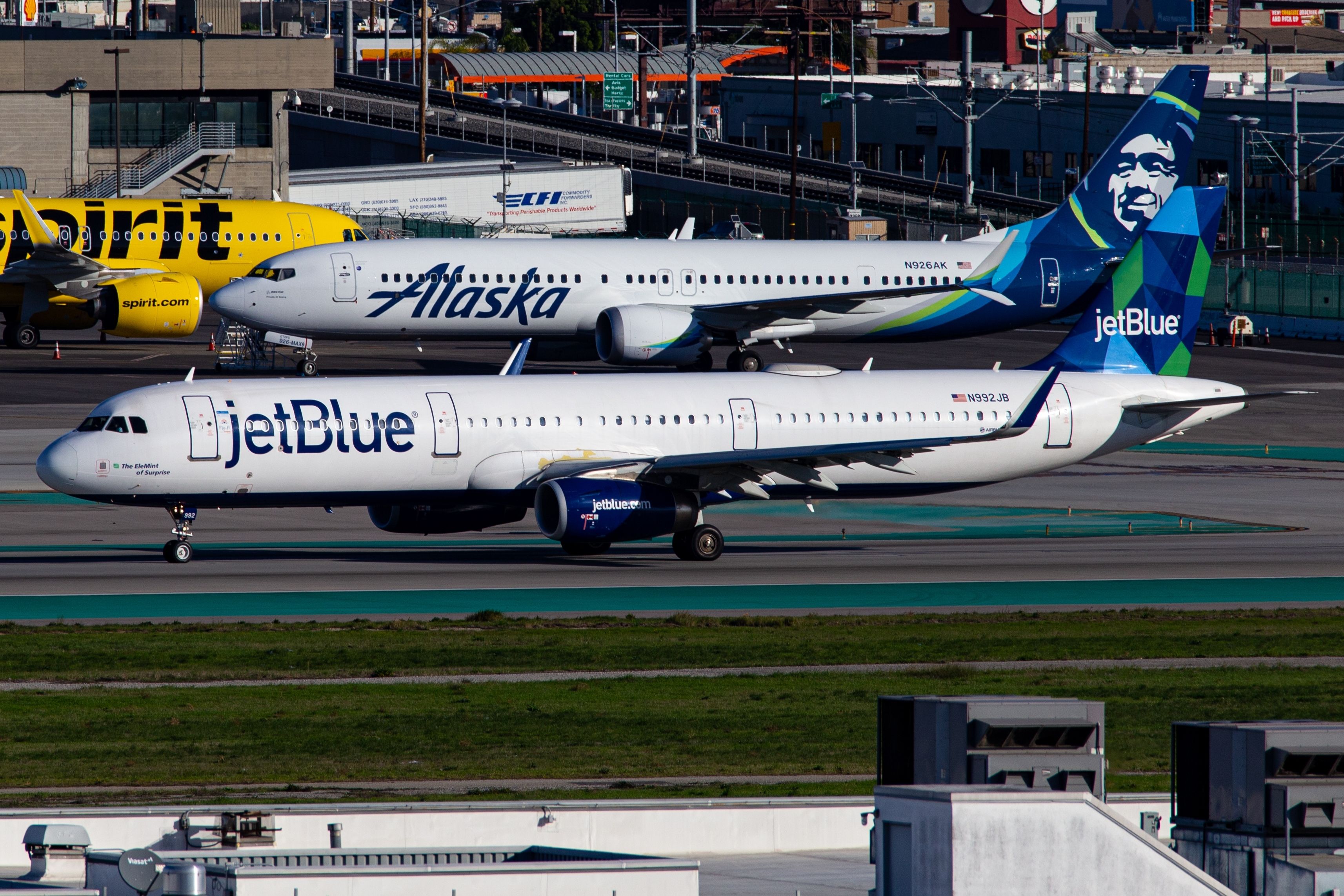
Related
No Substantive Argument: USDOT Denies Airline Request For More Time On New Junk Fees Rule
After US-based airlines petitioned to postpone the rule’s effective date, DOT responded that they failed to convince that the rule would harm them.


